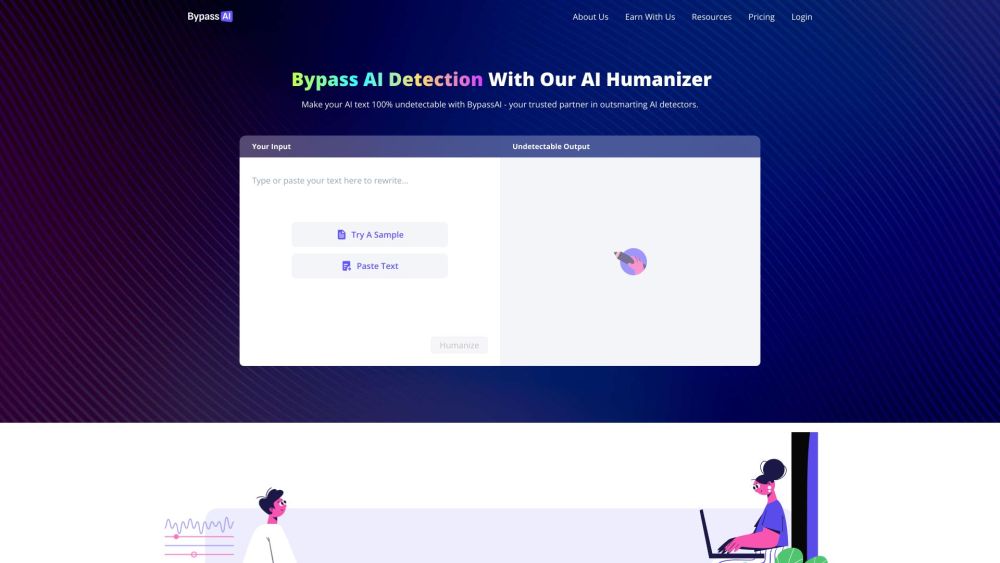Electricity Demand Surge Driven by AI
A May 2024 report from Goldman Sachs highlights a staggering increase in electricity consumption due to artificial intelligence (AI). The report predicts that by 2030, data centers will consume 8% of the total power supply in the U.S., up from just 3% in 2022, as cloud service providers adapt to the growing demand for AI infrastructure. If this trend continues, U.S. utilities will need to invest approximately $50 billion in new and upgraded power generation capacity to accommodate the influx of AI-operating data centers.
The implications of this shift may be far-reaching. In Kansas, for instance, Meta's recent investment in a large new server complex prompted power utility Evergy to postpone the retirement of its coal plant by up to five years. Experts warn that these energy-intensive data centers, which also require significant water resources, could lead to higher utility bills—especially impacting low-income households.
Although the problem of data center energy consumption seems daunting, co-founders Jim Gao, Katie Hoffman, and Vedavyas Panneershelvam of Phaidra are optimistic. They believe existing facilities can be retrofitted to enhance energy efficiency and have built their business around this vision.
Founded in 2019, Phaidra specializes in AI-powered control systems for data centers, pharmaceuticals, and commercial buildings. The company’s technology analyzes data from thousands of sensors, enabling real-time decisions to optimize equipment cooling and improve energy efficiency. Cooling processes, which typically account for about 40% of a data center's total power usage, are a primary focus for Phaidra's innovations.
“The data center sector is engaged in an arms race to expand wherever land and energy permit,” Gao explained in a recent interview. “Phaidra’s service offers a cooling system that operates more efficiently, using less energy.”
Previously the leader of Google’s DeepMind Energy team, Gao was instrumental in developing AI solutions aimed at minimizing energy consumption in data centers. Alongside Panneershelvam, who was then a research engineer at DeepMind, he created an innovative system that considerably reduced energy usage at Google data centers—an achievement that garnered significant media attention.
However, DeepMind ceased operating its Energy division after struggling to forge partnerships with industry giants like National Grid, as reported by CNBC. Gao departed in August 2019, followed by Panneershelvam in May 2020, shortly after co-founder Mustafa Suleyman, who was pivotal in championing climate efforts, left the company.
After their time at DeepMind, Gao and Panneershelvam identified a valuable opportunity to apply their insights from Google’s energy optimization efforts to other facilities. They recruited Hoffman, who was leading innovation projects at Trane, a cooling systems manufacturer, to help launch Phaidra.
Phaidra customizes AI models for clients by utilizing sensor data to enhance cooling systems and overall energy management. According to Gao, these models continuously learn and improve based on their experience managing facility operations.
“One of Phaidra's unique approaches is the integration of physics-based knowledge of facility operations with machine learning models that track plant dynamics through sensor data,” Gao noted. “We begin with standard component representations, tailoring the data semantics and hierarchy specifically to the system at hand.”
Phaidra isn’t alone in its mission to optimize data center energy consumption through AI. Competing startups like Boston's Carbon Relay have shifted their focus toward different markets. Meanwhile, tech giants like Meta and Microsoft are also exploring AI-driven data center enhancements. Nonetheless, Gao considers Phaidra's most significant competition to be “traditional methodologies.”
“It’s common for facilities to engage external engineering firms to evaluate performance and manually adjust back-end control systems,” Gao stated. “The issue with this traditional, rigid approach is that it can lock the facility’s operations in place until someone revisits the programming—often a once-every-five-to-ten-years event in the industry.”
Interestingly, Phaidra's initial customer was not a data center provider, but pharmaceutical giant Merck, which employed Phaidra’s technology to regulate a massive 500-acre vaccine manufacturing site. Today, Phaidra's client base leans heavily toward the data center industry—a shift accelerated by the ongoing AI boom.
Additionally, Phaidra recently became a finalist in the Amazon Sustainability Accelerator, an initiative that offers the chance to pilot its technology in Amazon's European operations, potentially gaining up to €2 million (~$2.15 million) in investment. While Gao remained coy about ambitions for an Amazon partnership, such a deal would undoubtedly align with Phaidra's growth objectives.
“We’ve commenced our first international deployments and anticipate that energy-cost challenges in certain regions will drive substantial growth for us in 2025,” Gao commented. “Companies are actively seeking more efficient ways to maximize their resources. We’re set to implement our growth strategy over the coming two years.”
Phaidra monetizes its services through an annual subscription, akin to a SaaS model. Gao elaborates, “Our fees depend on the complexity of the facility the AI manages and the local energy prices.”
Based in Seattle, Phaidra recently secured $12 million in a funding round led by Index Ventures, bringing its total funding to $60.5 million. The new capital will be directed toward research and development, implementation, customer success, and enhanced market expansion efforts. Gao anticipates that Phaidra's workforce will grow from 100 to 110 by year's end.
“This funding round was opportunistic, allowing us to bring Index Ventures onto our board and cap table,” Gao said. “Though we weren’t actively seeking additional capital, we’re thrilled about Index Venture's expertise in scaling as we grow rapidly, particularly within the data center market.”





